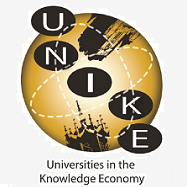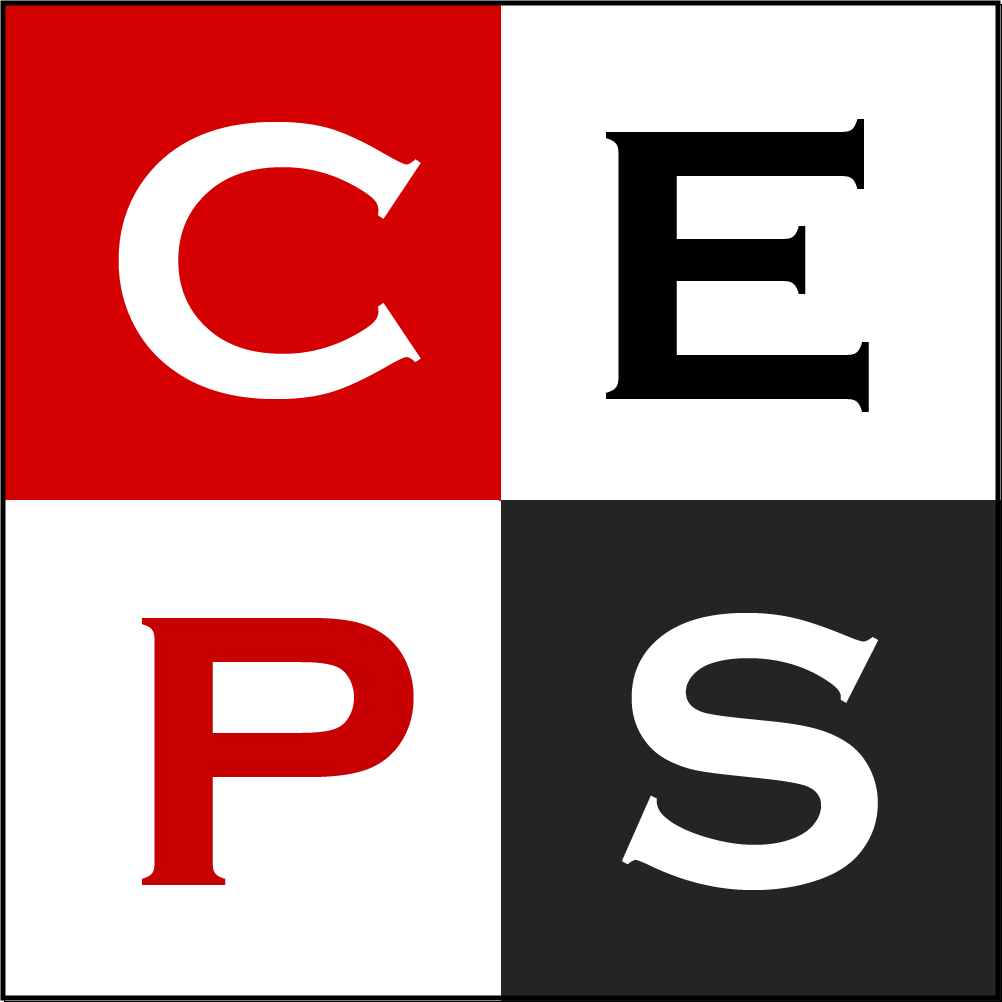The aim of UNIKE project is to train a networked group of critical researchers who will examine the changing roles and scope of universities in emerging global knowledge economies. They will also compare developments in Europe and the Asia-Pacific Rim.
Description of UNIKE project
In Europe, governments have embraced international agendas for university reform (put forward by the European Union, Organisation for Economic Cooperation and Development, World Economic Forum, UNESCO and the World Bank) on the understanding that the future lies in the development of an ideas-driven competitive global knowledge economy. By arguing that the two ways to compete successfully in this economy are through transfer of research findings into innovative products and through a higher education system that can attract international trade and produce a highly skilled population, universities are placed at the centre of strategies to prosper in this new economic regime. The European approach to competing in the global knowledge economy is to create a European Research Area (ERA) and a European Higher Education Area (EHEA). Other kinds of strategies have formed in other world regions. These strategies have to be understood within a geographic shift in emerging centres of power from Europe to the Asia Pacific, and particularly East Asia. The UNIKE project aims to generate new perspectives on the transformation of an institution central to policy projections of the future.
Work package 1, ‘Concepts and theories’
The above research agenda calls for new theories and methods for comparing and analysing the transformation of universities globally and regionally
Work Package 2, ‘Trends and developments’
Universities can no longer be studied as isolated institutions. Rather, a new ecology of companies, financiers and, government agencies is forming around academic work, whose composition and operations, key concepts, and articulations to the existing sector are, as yet, poorly understood.
Work Package 3, ‘Policies and practices’
This work package explores the dynamic relationship between the ‘re-missioning’ of universities and their funding, governance (decision-making for control, accountability and regulation) and management.
Research training programme
The three work packages run concurrently and organise the research programme and training activities.
Each work package encompasses five doctoral or post doctoral projects, which are named and outlined in the documents Individual doctoral projects and Individual post-doctoral projects. Each successful candidate will be based at one of the partner universities and individually supervised by the person named in the description of the project. Doctoral researchers may choose a second supervisor from the UNIKE partners.
In addition to their individual doctoral or post-doctoral research project, participants will engage in two UNIKE workshops and one UNIKE summer or winter school per year.
University in the Knowledge Economy (UNIKE)
Programme: 7. okrvirni program, Marie Curie
Period: 1.2.2013 – 31.1.2016
Main coordinator: Aarhus University, Danska
Grant agreement no.: 317452
http://unike.au.dk/
CEPS’ representatives in the project: dr. Pavel Zgaga, Igor Repac





